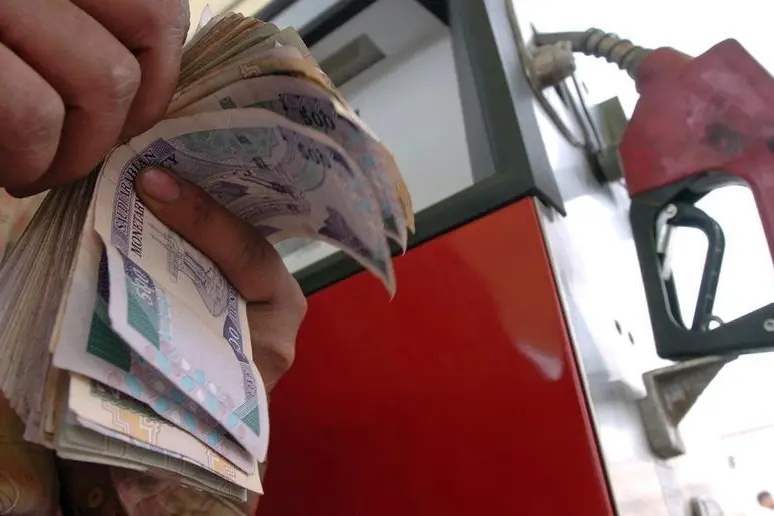PHOTO
Abu Dhabi: An economic slowdown coupled with energy reforms has adversely affected domestic fuel consumption growth across most of the GCC (Gulf Cooperation Council), and in some cases even led to negative growth, according to a report from Arab Petroleum Investments Corporation (Apicorp).
However, in the UAE the demand for both gasoline and diesel increased in 2016 due to lower domestic prices.
The report said that Saudi Arabia, the regions largest fuel consumer saw a 10 per cent decrease in demand for diesel in 2016, while gasoline demand flatlined.
Kuwait, Qatar and Bahrain have also experienced a drop in gasoline consumption since major energy reforms were introduced in 2016.
Lack of transportation alternatives has resulted in greater fuel switching as consumption of premium grade gasoline in Oman declined and was offset by larger volumes of the lower grade fuel, according to the report.
In early 2016, the GCC introduced energy price reforms that led to a hike in domestic prices including gasoline and diesel. While prices remained relatively low by global standards, the region began to experience a slowdown in demand growth — and in some cases, negative growth — due to lower economic activity.
Annual gasoline demand growth averaged 6.2 per cent between 2010 and 2015 but shrank to 0.4 per cent in 2016 in GCC countries. The change in diesel demand was even more significant, going from an average of 4 per cent growth between 2010 and 2015 to a 6 per cent decline in 2016.
Beyond the impact of the reform, the slowdown in economic activity also contributed to lower demand growth, and as these economies recover, some of this demand growth will gradually return, the report said.
In the UAE, the demand for both gasoline and diesel increased in 2016 compared with the year before (20 per cent, 40 per cent respectively). The government sets the domestic price on a monthly basis, which are linked to international prices.
The trend in gasoline demand since 2010 has been upwards, having increased each year with the exception of 2014 when it slipped from 70,000 barrels per day to 63,000 barrels per day in the UAE.
However, in the UAE the demand for both gasoline and diesel increased in 2016 due to lower domestic prices.
The report said that Saudi Arabia, the regions largest fuel consumer saw a 10 per cent decrease in demand for diesel in 2016, while gasoline demand flatlined.
Kuwait, Qatar and Bahrain have also experienced a drop in gasoline consumption since major energy reforms were introduced in 2016.
Lack of transportation alternatives has resulted in greater fuel switching as consumption of premium grade gasoline in Oman declined and was offset by larger volumes of the lower grade fuel, according to the report.
In early 2016, the GCC introduced energy price reforms that led to a hike in domestic prices including gasoline and diesel. While prices remained relatively low by global standards, the region began to experience a slowdown in demand growth — and in some cases, negative growth — due to lower economic activity.
Annual gasoline demand growth averaged 6.2 per cent between 2010 and 2015 but shrank to 0.4 per cent in 2016 in GCC countries. The change in diesel demand was even more significant, going from an average of 4 per cent growth between 2010 and 2015 to a 6 per cent decline in 2016.
Beyond the impact of the reform, the slowdown in economic activity also contributed to lower demand growth, and as these economies recover, some of this demand growth will gradually return, the report said.
In the UAE, the demand for both gasoline and diesel increased in 2016 compared with the year before (20 per cent, 40 per cent respectively). The government sets the domestic price on a monthly basis, which are linked to international prices.
The trend in gasoline demand since 2010 has been upwards, having increased each year with the exception of 2014 when it slipped from 70,000 barrels per day to 63,000 barrels per day in the UAE.
Al Nisr Publishing LLC 2017. All rights reserved. Provided by SyndiGate Media Inc. (Syndigate.info).





















